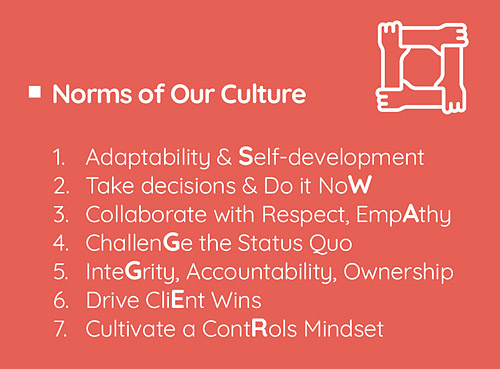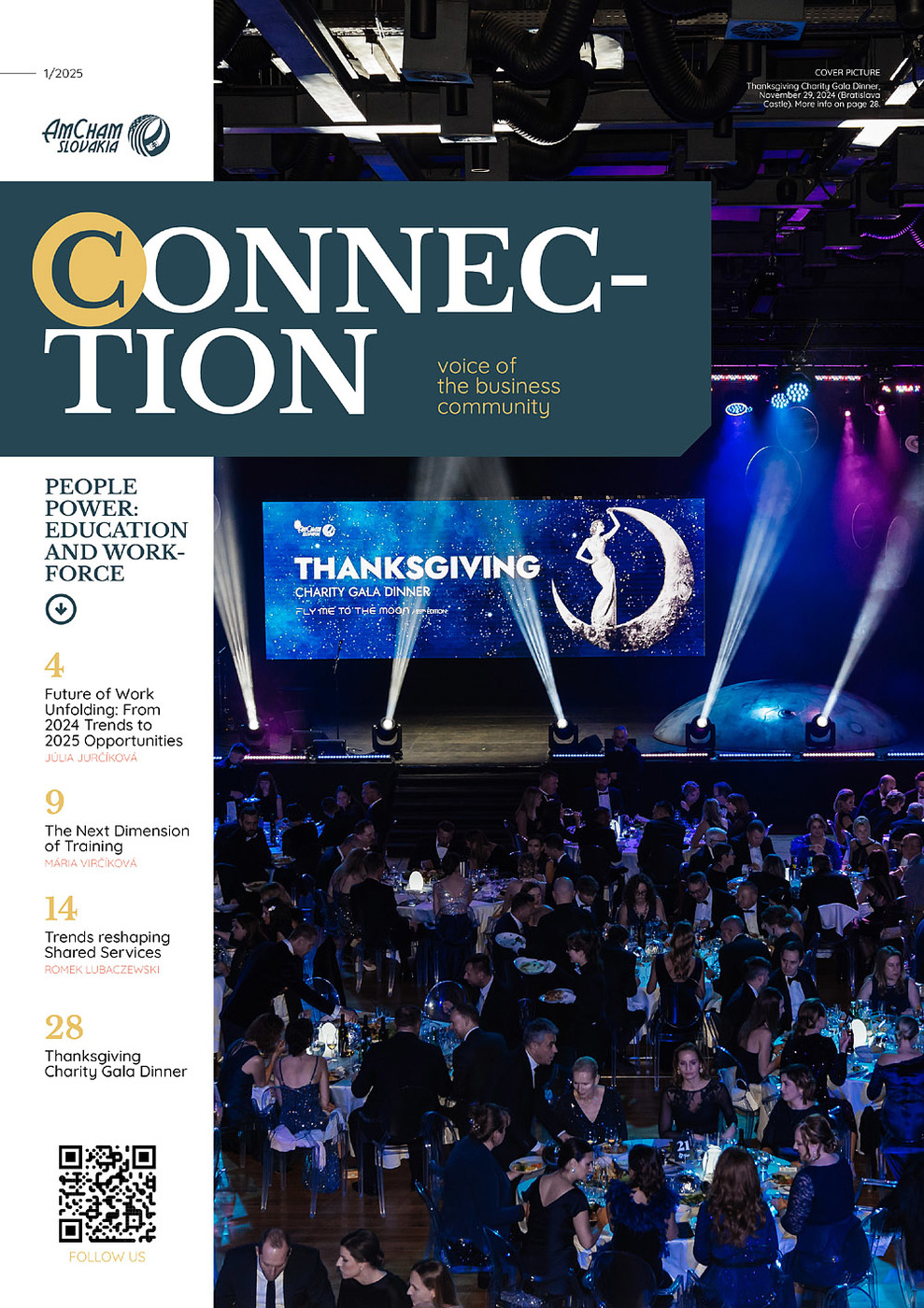The name “Kafka” reflects the duality of its namesake, Franz Kafka – a thinker who explored both the complexity of modern life and the potential for transformation. Similarly, the Kafka Institute represents a balance between global aspirations and local innovation, empowering employees to navigate change and achieve meaningful growth.
Rethinking Engagement in a Dynamic Landscape
In today’s labor market, organizations must cultivate environments where employees can thrive and build meaningful, long-term careers. While financial rewards remain important, organizations increasingly rely on leadership development, inclusivity, and personal growth to attract and retain talent. These strategies not only address current challenges but also equip employees with resilience for the future.
The Kafka Institute embodies this shift. Designed in-house within Central Europe, it blends local insights with global principles, creating a framework that aligns regional needs with universal values. This dual approach ensures the program resonates with employees while contributing to the broader organization’s mission.
Kafka Institute: A Holistic Strategy
The Kafka Institute’s framework focuses on five key workstreams designed to foster personal and professional growth while addressing immediate and future workforce needs:
- Personal Growth: Employees are encouraged to take ownership of their development, with opportunities for mentorship, skill-building, and career progression. This ensures they remain motivated and confident in shaping their careers.
- Future-Proof Careers: The program fosters adaptability and lifelong learning to prepare employees for an ever-changing labor market, equipping them with tools to navigate challenges and seize opportunities.
- Creating Future Leaders: Leadership development is a cornerstone of Kafka Institute. By nurturing talent across all levels, the program builds a robust pipeline of leaders who embody corporate values and inspire their teams.
- Diversity and Inclusion: Beyond demographic diversity, the program emphasizes diversity of thoughts and ideas, creating space for rich discussions that foster innovation and inspire future growth.
- Well-being: Recognizing that employee well-being is critical to engagement, the programme emphasizes mental and physical health through supportive policies and programs. This ensures employees feel supported both personally and professionally.
 Expanding Horizons: From Internal to External
Expanding Horizons: From Internal to External
While the Kafka Institute was developed to address the specific needs of Central Europe, its principles are deeply aligned with global best practices, such as inclusivity, collaboration, and ethical leadership. This dual perspective highlights how local initiatives can thrive within a broader framework.
The program also extends its focus beyond the organization. Recognizing that culture is shaped collectively, the Kafka Institute engages with clients and communities to foster shared learning and growth. Initiatives such as Client Country Breakfasts provide opportunities to exchange perspectives, enriching the program with external insight and demonstrating how collaboration strengthens both organizations and communities.
Cross-Functional Collaboration
A defining feature of the Kafka Institute is its cross-functional approach, developed with input from employees across levels and departments. This collaborative model ensures the program addresses diverse perspectives while fostering shared ownership. Employees are not just participants but co-creators of a positive workplace culture.
By involving external partners, the Kafka Institute broadens its impact, creating a dynamic exchange of ideas that benefits both the workforce and the organization’s stakeholders. This reinforces the belief that cultural transformation thrives through collaboration and shared purpose.
The Role of Culture in Engagement
Positive corporate culture is a strategic asset, particularly in a competitive labor market. Intrinsic motivators like growth opportunities, recognition, and a sense of belonging play a vital role in employee satisfaction. The Kafka Institute prioritizes these elements, recognizing that a fulfilling employee experience is key to retention and long-term success.
By emphasizing leadership development, diversity, and well-being, the Kafka Institute creates an environment where employees can reach their potential wile contributing to a culture of respect, collaboration, and innovation. Its inclusion of external perspectives further enriches the program, highlighting that strong cultures extend beyond the workplace into the communities they serve.
Measuring Success: Kafka Institute in Action
The success of the Kafka Institute lies in its implementation and accountability. Retention rates, Voice of Employee surveys, and regular feedback sessions provide insights that guide future initiatives and ensure the program remains impactful. This results-driven approach demonstrates the program’s ability to adapt to employees’ evolving needs while maintaining a motivated workforce.
Conclusion: A Model for the Future of Work
The Kafka Institute exemplifies how a well-designed, locally developed program can align with global values to drive engagement and retention. By prioritizing corporate culture and intrinsic motivation, it redefines how organizations approach human capital. It proves that the future of work is human – and that thriving organizations are those that put people at the center of their strategies.
Irena Grimová, Head of HR Central Europe, Citibank Europe plc



Follow us